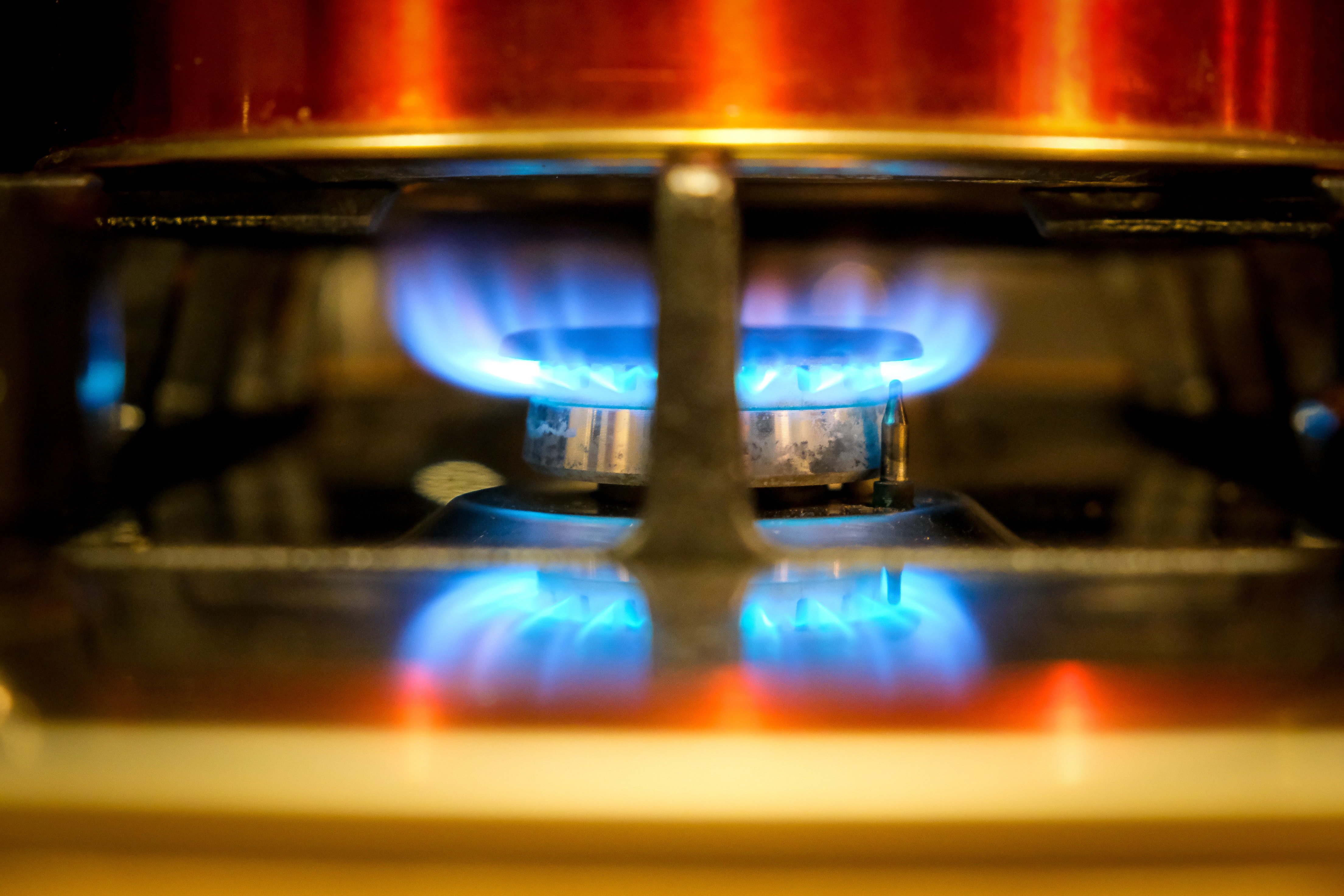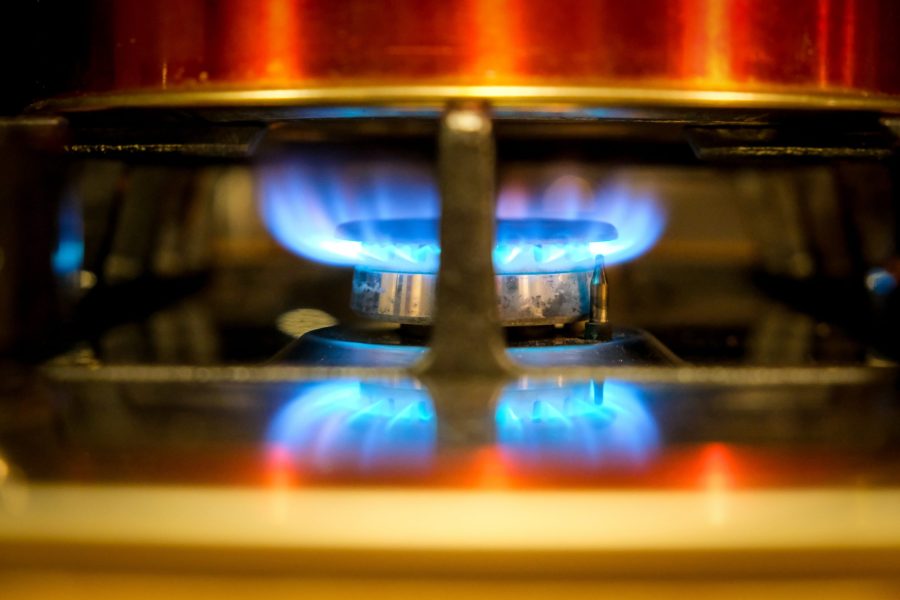 Farming families in England and Wales can access grants of up to £1500 for support towards home related energy costs, such as energy bills or for making home energy efficiency improvements as part of RABI’s fuel poverty response.
Farming families in England and Wales can access grants of up to £1500 for support towards home related energy costs, such as energy bills or for making home energy efficiency improvements as part of RABI’s fuel poverty response.
With gas and electricity prices rising over 50% on 1 April, research from National Energy Action (NEA) indicates that 6.5M households across the UK will be in fuel poverty, over 2M more than just six months ago.
“People facing immediate financial hardship in relation to fuel cost increases can apply for grants of up to £1500 towards bill payments or making homes more energy efficient,” says RABI’s director of services, Caron Whaley. “We should all be able to stay warm at home, however many people are increasingly having to choose whether to heat their home, feed the family or pay the rent.”
Impacts and symptoms
RABI is working closely with the NEA to better understand the impacts and symptoms of fuel poverty, to try to minimise the effects of cold homes on the physical and mental health of farming people. As the subject matter experts on fuel poverty, the NEA are also delivering specialist training to RABI’s regional support teams.
“Our service delivery teams have a really good understanding of the many challenges farming people face. The additional NEA training will develop their knowledge of some of the less obvious impacts of fuel poverty.
“NEA research has highlighted links between fuel poverty and wider mental health issues. As our Big Farming Survey report has shown, there are already high levels of poor mental health within the farming sector so it’s important that we understand how to provide the necessary support to tackle this is worrying issue,” adds Caron.
How to apply
Fuel poverty grants are available now and can be used towards home heating costs and energy efficiency measures, such boiler servicing, installing water tank jackets, addressing lagging for pipes, or installing loft insulation.
Applications can be made by calling the charity’s 24-hour helpline on 0800 188 4444. Charitable payments will be means tested against disposable income to ensure the funding is fairly distributed.




